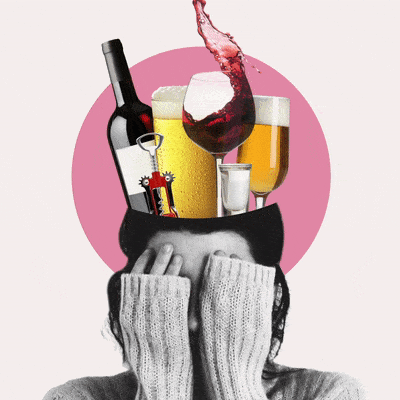The "Sunshine Vitamin": The Dangers of Low Vitamin D
If you’ve seen your health care provider the last few years, chances are you’ve had your vitamin D level checked. This very powerful fat-soluble vitamin, which is actually a steroid hormone, is deficient in most of the population (some sources say as high as 85%). In my practice it is very rare to find someone with adequate levels. There are several reasons for this epidemic of deficiency, the main ones being the prevalence of sunscreen use, more time spent indoors and lack of vitamin D in most American diets. While I always prefer to get my nutrients from food sources whenever possible, vitamin D proves difficult because it’s mostly found in liver – from beef, cod, sardines and herring (cold water fish), egg yolks or fortified dairy foods. So, why is it so important to have adequate levels? And how should you supplement?
While there are frequent new developments in research with vitamin D deficiency (exciting!), it is still in its infancy. We do know it is linked to as many as 18 different cancers, osteoporosis, autoimmune diseases (multiple sclerosis and rheumatoid arthritis), general immune function, hypertension and cholesterol balance, psoriasis, fatigue, depression, obesity, Alzheimer’s, and thyroid dysfunction.
You can get some vitamin D from the sunshine. For most, 15-20 minutes of exposure (40% of your body) per day is adequate. However, the more skin melanin (darker skin) and the aging process both slow your body’s ability to produce adequate vitamin D.
Soaking in the rays on Nantucket
It is important to note there are two versions: vitamin D2 and D3, with the latter being more bioavailable. Fortified foods and high dose prescription vitamin D contain D2. Vitamin D3 is recommended and because it’s fat-soluble it’s best taken with your biggest (fattiest) meal. Vitamin K also aids in absorption and some versions will contain a combo of both (D and K).
Ideally you should get your levels checked before supplementing. The lab will say that a level >30 is sufficient, although more and more research points to levels >40-50 to be ideal. In general, I recommend a daily dose of 2,000-3,000 IUs and higher if your levels are really low and aspire for a level of 55-90. Let the sunshine in! Your body will thank you for it.







